Otpor celebrates 10th anniversary
This week marks the tenth anniversary of the foundation of the Otpor movement.
Tuesday, 11.11.2008.
10:43

This week marks the tenth anniversary of the foundation of the Otpor movement. While some of the founding members have remained in politics, the majority of Otpor’s famous faces have withdrawn from public life. Otpor celebrates 10th anniversary The movement started off as a small student movement against the Milosevic regime. In time, Otpor became a global phenomenon and a symbol of non-violent struggle against repressive political regimes. Following the adoption of repressive university and information laws, a group of around ten students from all parts of Serbia decided to form a student movement called Otpor in late October 1998. “We wanted to change things. Those people were brave enough, some might say crazy enough, to do something like that at a time like that. We got into it determinedly, but it was not as well organized as it may seem today,” says Nenad Konstantinovic, one of Otpor’s founding members. After the 1999 NATO bombing, Otpor began its political campaign against Yugoslav President Slobodan Milosevic. The student movement evolved into a people’s movement, adopting the fist as its symbol, that began appearing on buildings nationwide. Members of the movement joined the Democratic Opposition of Serbia’s (DOS) protests, and launched the “Gotov Je” (He’s finished) campaign. After the September 24, 2000 general election results were invalidated, the movement joined the opposition protests and also actively participated in the organization of the demonstrations on October 5, 2000, that finally ousted Milosevic. That same year, Otpor received MTV Europe’s Free Your Mind award. However, after toppling Milosevic, the movement practically suspended its activities. “The cohesive factor that kept us all together was, in effect, the repressive regime. After it ended, I think that many Otpor members decided to do other things, and spent less and less time on Otpor,” says Slobodan Djinovic, one of the founders. In 2003, Otpor stood at the elections as a political organization, but failed to pass the census, before merging with the Democratic Party (DS) in 2004. Some of Otpor’s founders remained in politics, while others are withdrawing from public life. Nenad Konstantinovic, Ivan Andric and Srdjan Milivojevic are today MPs. Slobodan Homen is the state Secretary in the Justice Ministry, while Srdja Popovic works as an adviser to the deputy prime minister. Milja Jovanovic, Branko Ilic and Vlada Pavlov have withdrawn from public life. Ivan Marovic, who now lives in the United States, has developed a video game on bringing down dictatorships. He regularly posts blogs on B92. He told B92 that Otpor members remained friends after the movement split up, adding that the new generation in Serbia could use some of the movement’s experiences, only this time with different goals. "I believe that new generations have a lot to learn from Otpor and that they have reasons to use those experiences in order to promote further changes and reforms in society,” Marovic said. otpor
Otpor celebrates 10th anniversary
The movement started off as a small student movement against the Milošević regime. In time, Otpor became a global phenomenon and a symbol of non-violent struggle against repressive political regimes. Following the adoption of repressive university and information laws, a group of around ten students from all parts of Serbia decided to form a student movement called Otpor in late October 1998.“We wanted to change things. Those people were brave enough, some might say crazy enough, to do something like that at a time like that. We got into it determinedly, but it was not as well organized as it may seem today,” says Nenad Konstantinović, one of Otpor’s founding members.
After the 1999 NATO bombing, Otpor began its political campaign against Yugoslav President Slobodan Milošević.
The student movement evolved into a people’s movement, adopting the fist as its symbol, that began appearing on buildings nationwide.
Members of the movement joined the Democratic Opposition of Serbia’s (DOS) protests, and launched the “Gotov Je” (He’s finished) campaign.
After the September 24, 2000 general election results were invalidated, the movement joined the opposition protests and also actively participated in the organization of the demonstrations on October 5, 2000, that finally ousted Milošević.
That same year, Otpor received MTV Europe’s Free Your Mind award.
However, after toppling Milošević, the movement practically suspended its activities.
“The cohesive factor that kept us all together was, in effect, the repressive regime. After it ended, I think that many Otpor members decided to do other things, and spent less and less time on Otpor,” says Slobodan Đinović, one of the founders.
In 2003, Otpor stood at the elections as a political organization, but failed to pass the census, before merging with the Democratic Party (DS) in 2004.
Some of Otpor’s founders remained in politics, while others are withdrawing from public life.
Nenad Konstantinović, Ivan Andrić and Srđan Milivojević are today MPs.
Slobodan Homen is the state Secretary in the Justice Ministry, while Srđa Popović works as an adviser to the deputy prime minister.
Milja Jovanović, Branko Ilić and Vlada Pavlov have withdrawn from public life.
Ivan Marović, who now lives in the United States, has developed a video game on bringing down dictatorships. He regularly posts blogs on B92.
He told B92 that Otpor members remained friends after the movement split up, adding that the new generation in Serbia could use some of the movement’s experiences, only this time with different goals.
"I believe that new generations have a lot to learn from Otpor and that they have reasons to use those experiences in order to promote further changes and reforms in society,” Marović said.










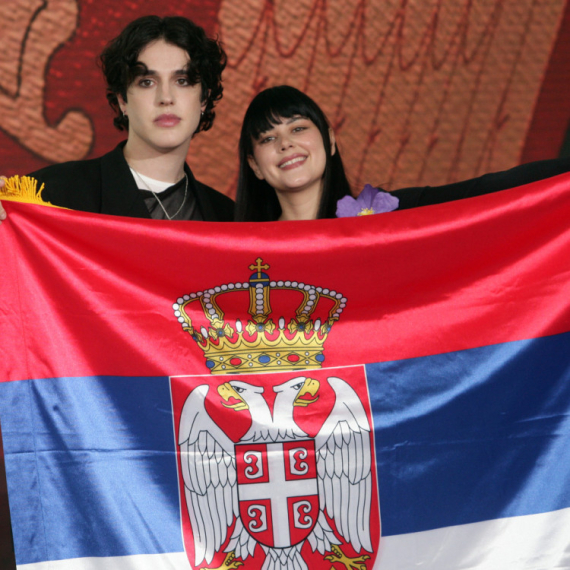


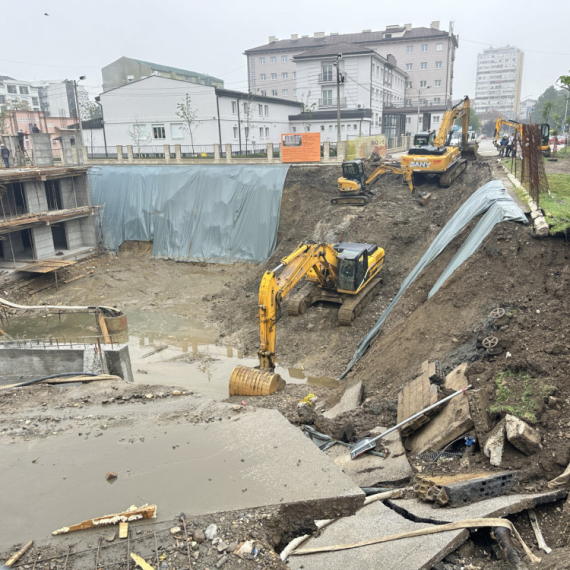

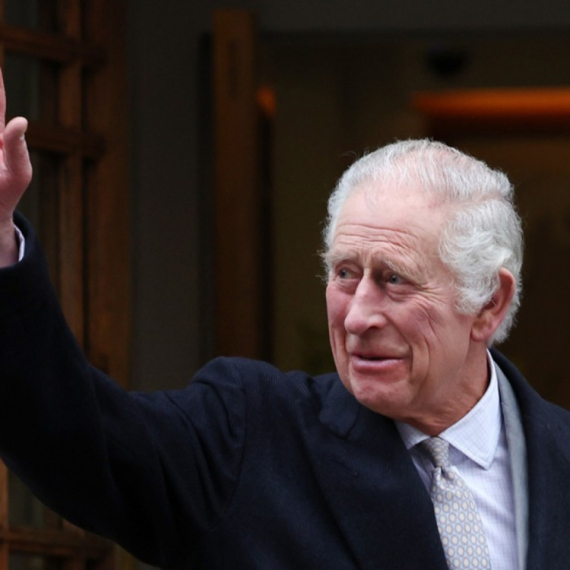
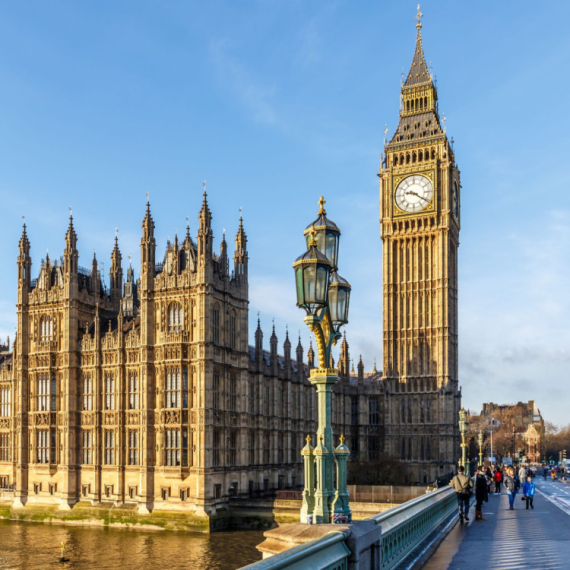

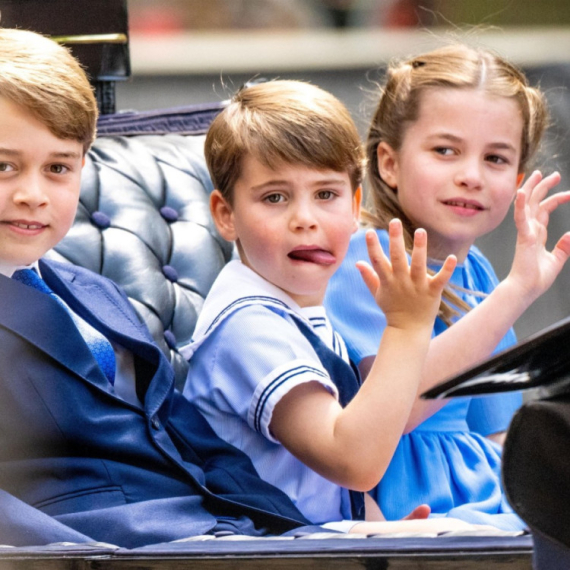

















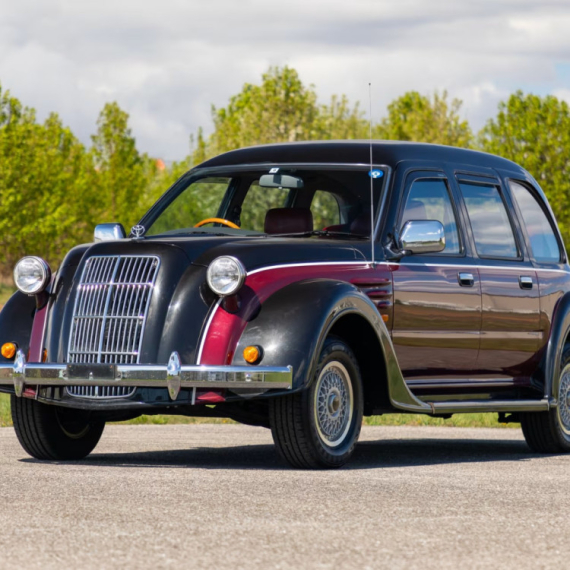



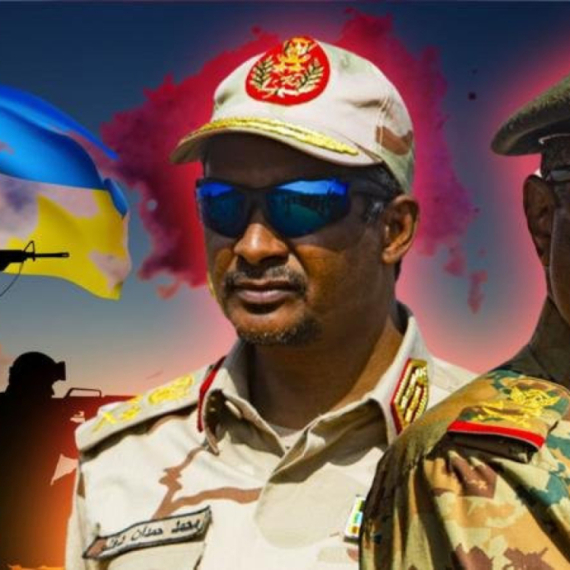
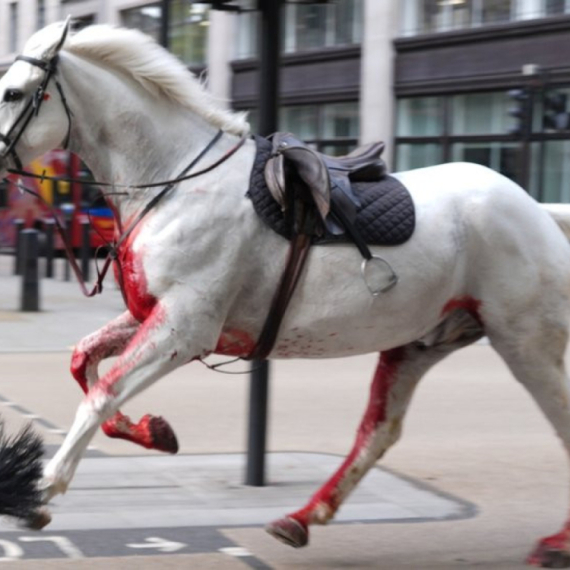
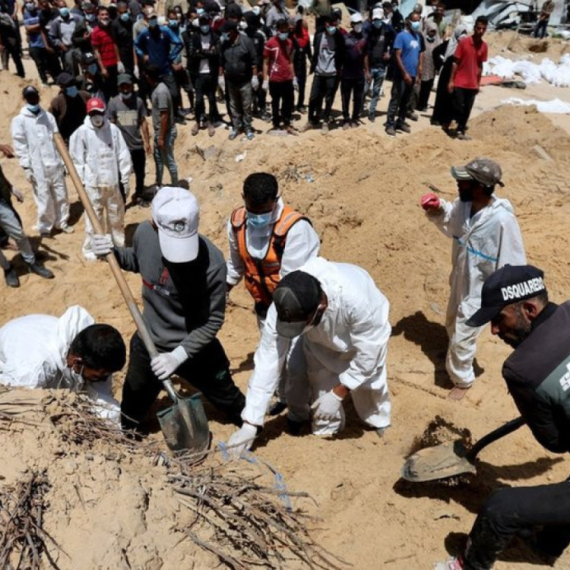


Komentari 32
Pogledaj komentare